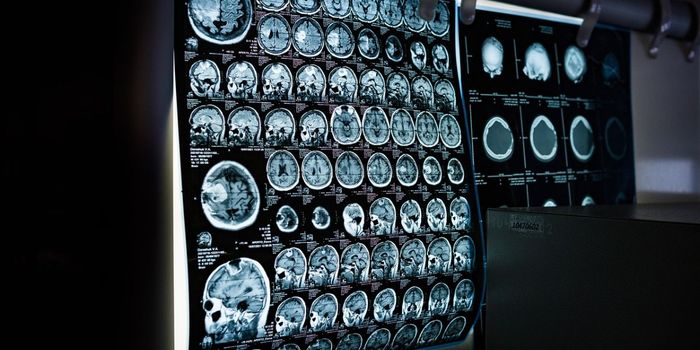Two Common Glucose-Lowering Drugs Lower Alzheimer's Risk
Two popular glucose-lowering drugs may protect against Alzheimer’s disease and related dementias in patients with type 2 diabetes, found a new study published in JAMA Neurology.
"It's exciting that these diabetes medications may offer additional benefits, such as protecting brain health," said senior author of the study, Serena Jingchuan Guo, M.D., Ph.D., an assistant professor of pharmaceutical outcomes and policy, in a press release.
"Based on our research, there is promising potential for GLP-1RAs and SGLT2is to be considered for Alzheimer's disease prevention in the future. As use of these drugs continues to expand, it becomes increasingly important to understand their real-world benefits and risks across populations,” she added.
For the study, researchers analyzed electronic health records gathered between January 2014 and June 2023. Patients were 50 years or older with type 2 diabetes and had no prior diagnosis of Alzheimer’s or related dementia. They had also had not previously undergone antidementia treatment.
Altogether, 33, 858 patients were included in the glucagon-like peptide-1 receptor agonists (GLP-1RA) vs other glucose-lowering drug (GLD) cohort, 34, 185 in the sodium-glucose cotransporter-2 inhibitors (SGLT2i) vs other GLD cohort, and 24, 117 in the GLP-1RA vs SGLT2i cohort. Participants were around 65 years old on average.
Ultimately, patients who took GLP-1RAs and SGLT2is were at a significantly lower risk of Alzheimer’s disease than those taking other glucose-lowering medications. The results were consistent across various sensitivity and subgroup analyses, and no difference was observed between the two drugs.
The findings suggest that GLP-1RAs and SGLT2is may have neuroprotective effects, and may be used to prevent Alzheimer's and other dementias in people with type 2 diabetes, wrote the researchers in their study.
"Future research should focus on identifying heterogeneous treatment effects- specifically, determining which patients are most likely to benefit and who may be at greater risk for safety concerns," said Guo.
Sources: Science Daily, JAMA Neurology








